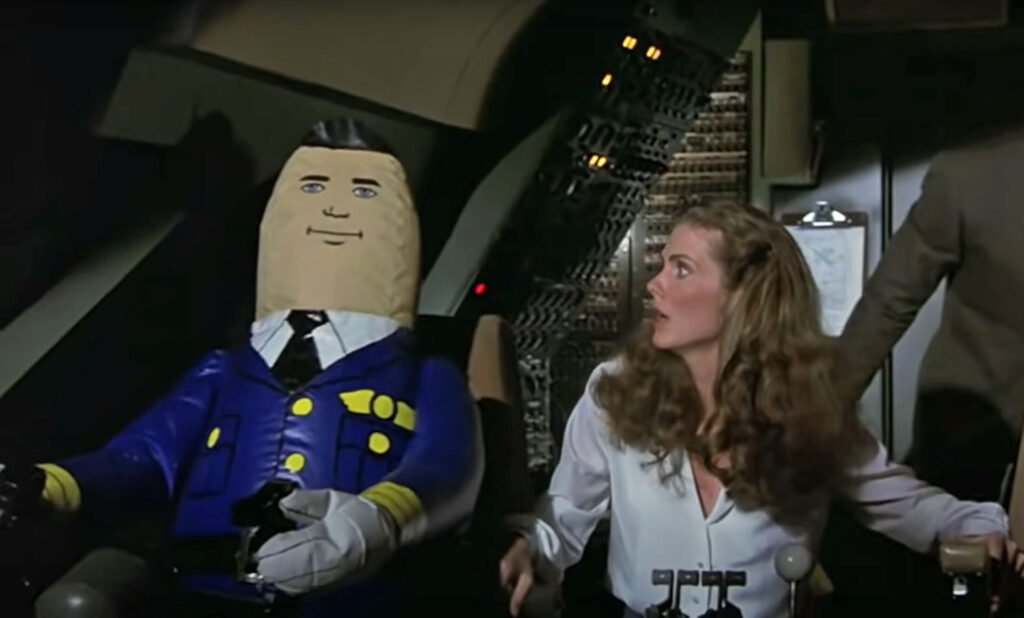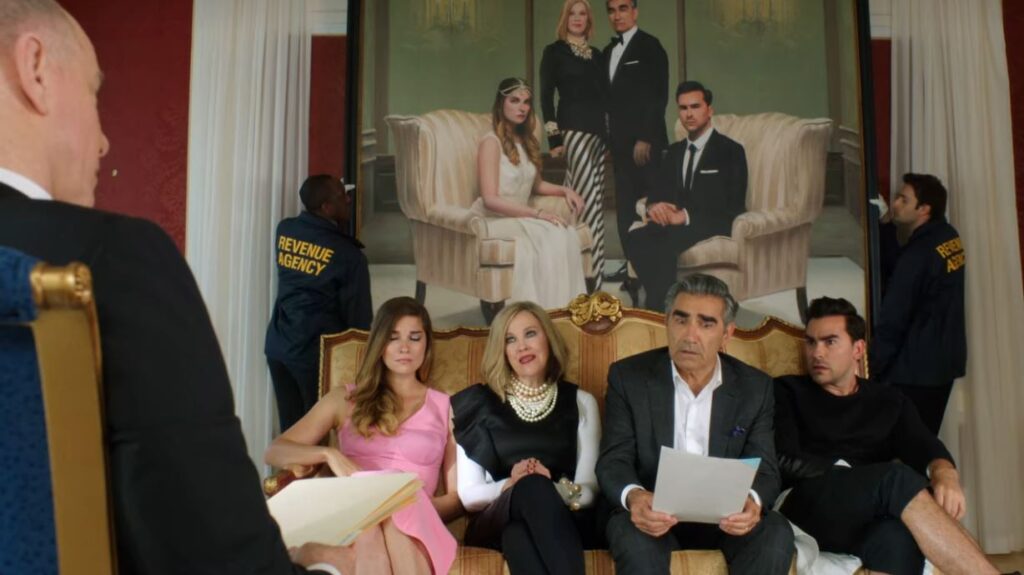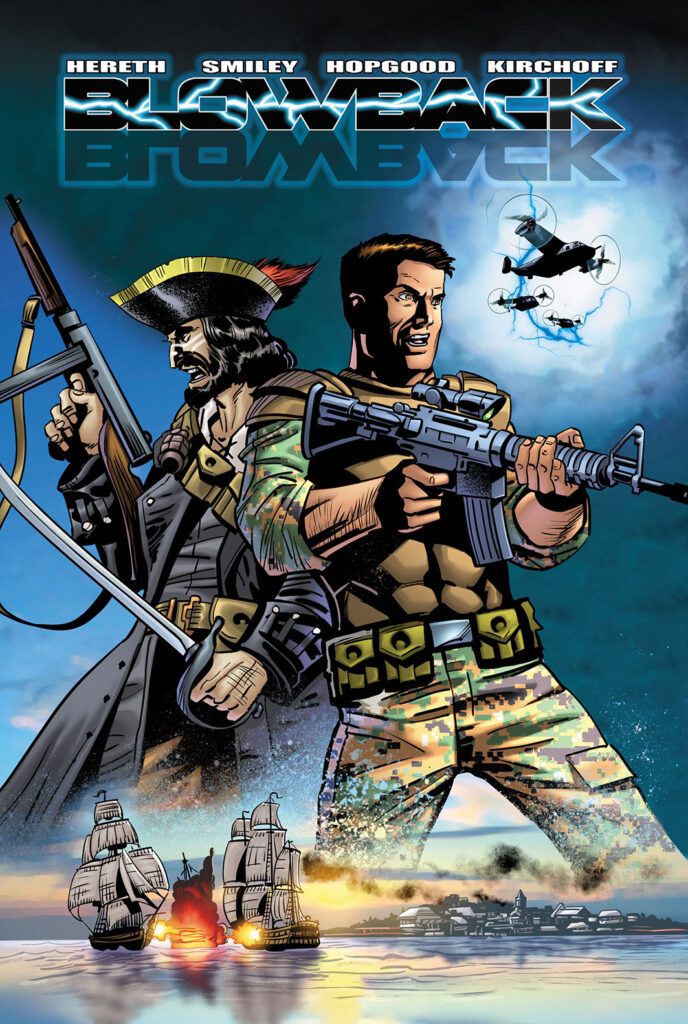
New Year. New work.
Rhonda Smiley and I are starting off 2022 by writing a spec pilot for a spec series that we ex-spec-t someone to love in the near future.
Well, hope anyway.
Writing is rarely easy as it is, but it’s much harder to write a pilot than it is to write an episode of an existing show.
Existing shows have known characters, a world the reader is familiar with, and a wealth of history. You just have to get in that sandbox and play.
A pilot, on the other hand, starts with nothing at all. Everything that show is supposed to be, you have to lay out for the very first time.
How the hell do you pull that off?
I’m not Chuck Lorre or Shonda Rhimes, so I don’t have all the answers. Ironically, what I have instead, are some of the questions…
HOW LONG [Ace]
What’s your show’s duration?
This one’s pretty simple. Is it a half-hour sitcom? An animated kid’s show with two fifteen minute segments? Maybe an hour-long drama.
Extreme Team, a TV movie I co-wrote, served as a two hour pilot for an hour-long show. I think most networks would be more receptive to an hour-long script for an hour-long show, but…
A two hour project could potentially be tweaked to a standalone feature spec if it doesn’t get sold in its original form. Recycling is good for the environment after all.
MY HOMETOWN [Bruce Springsteen]
Where does it take place?
You’re going to have to establish the world your series is set in. Is it the present day? Maybe it’s a period piece.
Is it in a small town? Big city? Outer space, perhaps? Maybe it’s in the Quantum Realm.
If it’s a traditional three camera sitcom, you also need to establish your standing sets.
WHO ARE YOU [The Who]

Who are your primary characters?
More than a format, a television series is about the people who inhabit the show.
The protagonist. The antagonist. The wacky next door neighbor. The will-they-or-won’t-they couple.
If these parts aren’t engaging, charismatic, and multi-dimensional, no one is going to want to tune in week after week (or hour after hour in the binge-watching era).
I’VE GOT A FEELING [The Beatles]
What is the genre and tone of the series?
A comedy needs to be funny. A drama filled with conflict. If it’s a mystery, we better be desperate to see how it gets solved or you’re dead in the water.
Beyond that is the tone, the voice of the series. Is it gritty, supernatural, or absurdist? That needs to come out in the writing.
SCENARIO [A Tribe Called Quest]
What’s the format/formula?
It seems odd to ask what the formula is, because that kind of phrasing makes the script sound cliché or unimaginative. But it’s important nevertheless.
This is a little tricky to establish because a pilot is its own animal. It’s not going to be quite like a typical episode of the show it’s starting off, since it has a lot of table-setting to do.
Still, you have to try to convey what this show is going to be like week in and week out as much as you can within those confines.
THE END [The Doors]
Simple, right? Just answer all these questions while avoiding non-stop exposition and making it irresistible to a studio, network, or eccentric billionaire.
Don’t worry. I’m right there with you and feel your pain. But I have confidence we can all get this done. It just takes a little imagination and a lot of hard work.
Now let’s go sell some shows.
________________________________________________________

Jim Hereth‘s latest project is his debut action/adventure graphic novel, Blowback, available now at Amazon and comiXology.
![[TEXTSMITH] BLOG](https://blog.jameshereth.com/wp-content/uploads/2016/07/cropped-cropped-BulbsPlus.jpg)